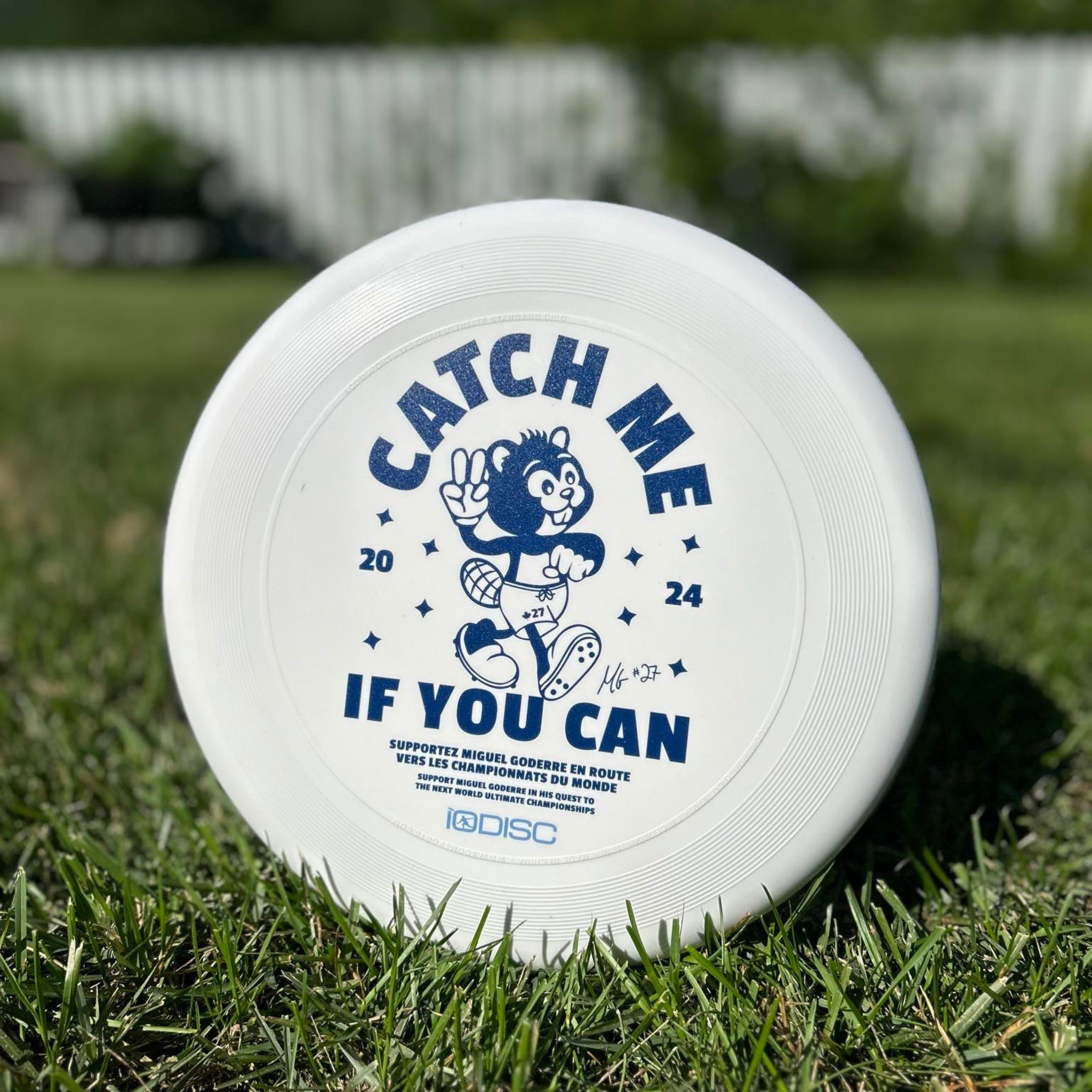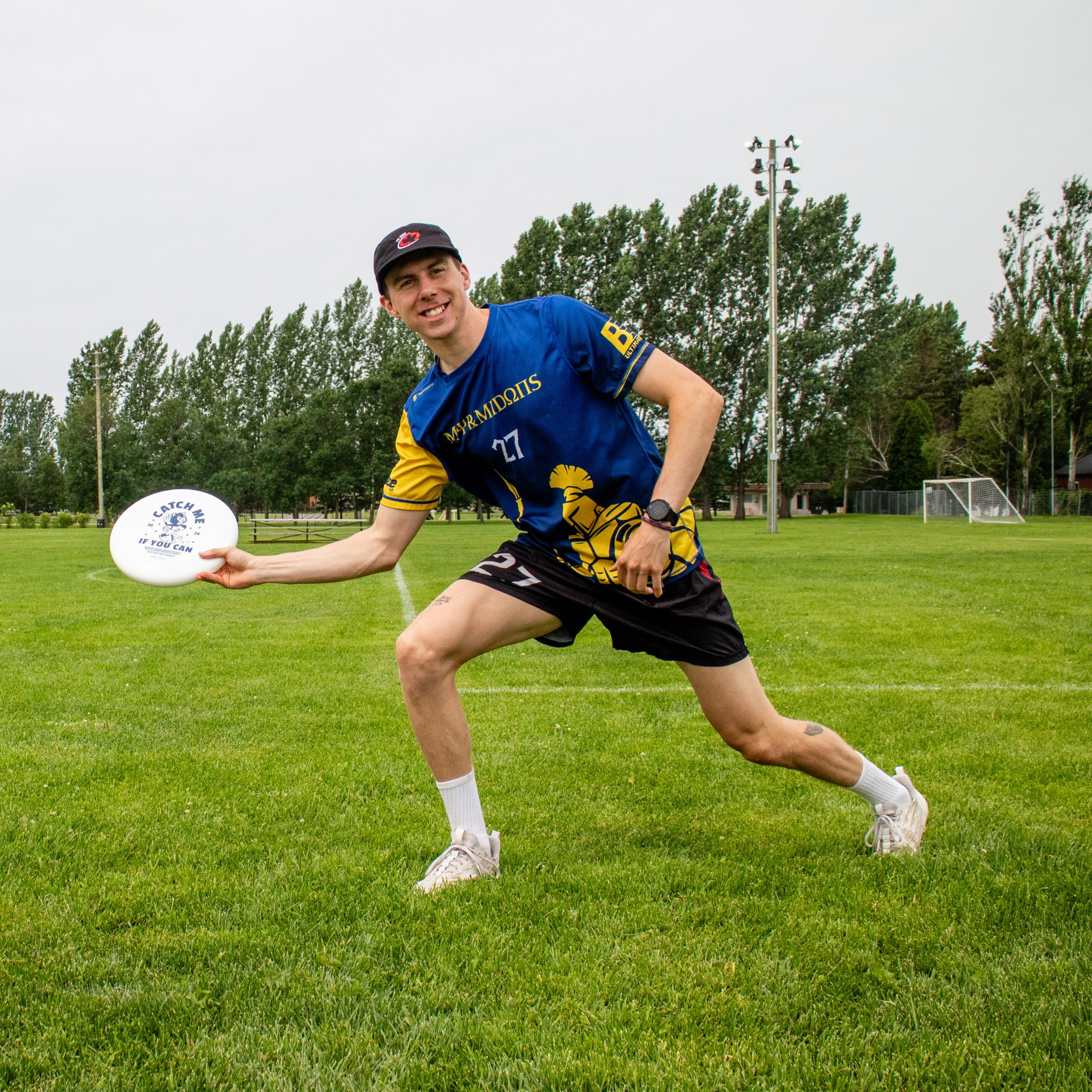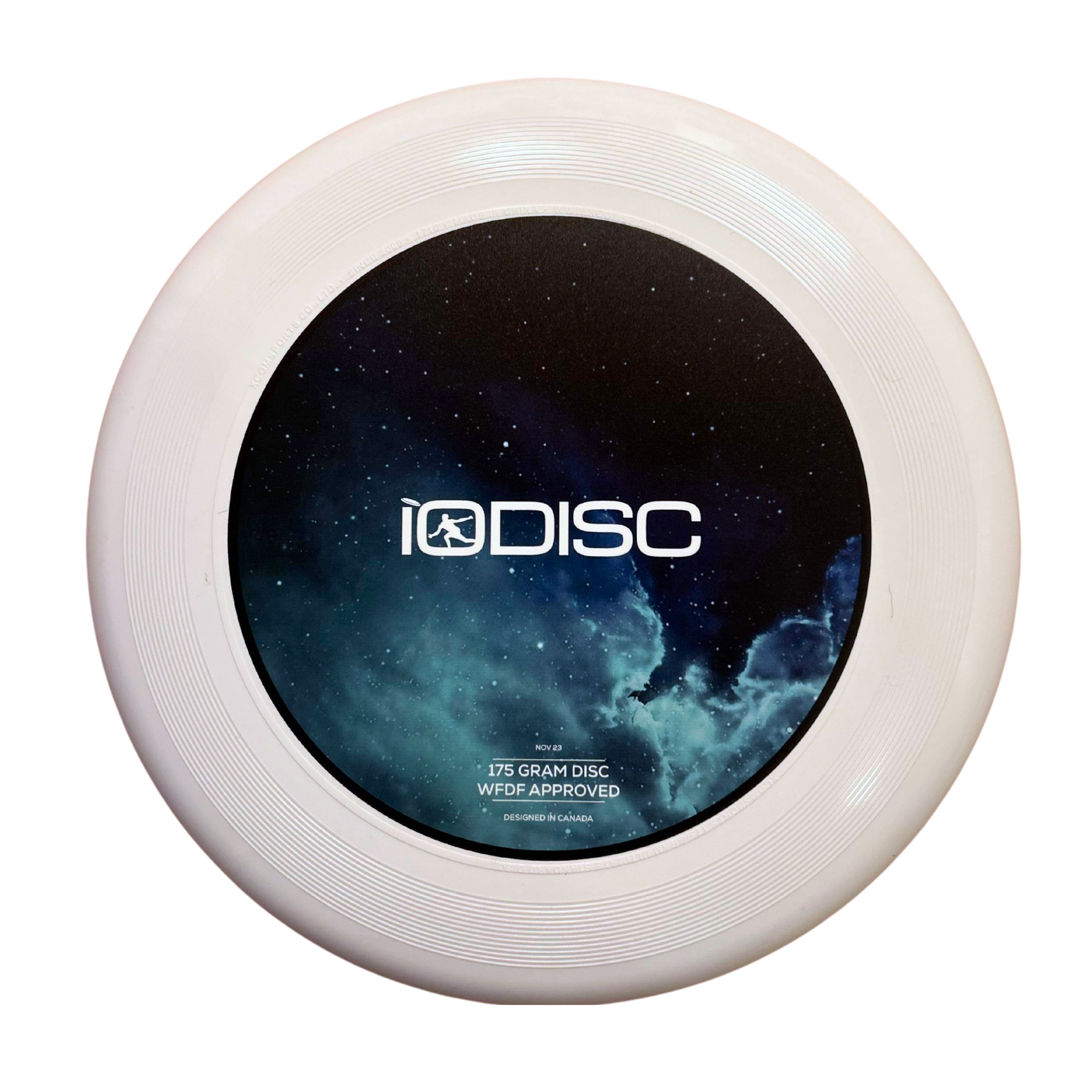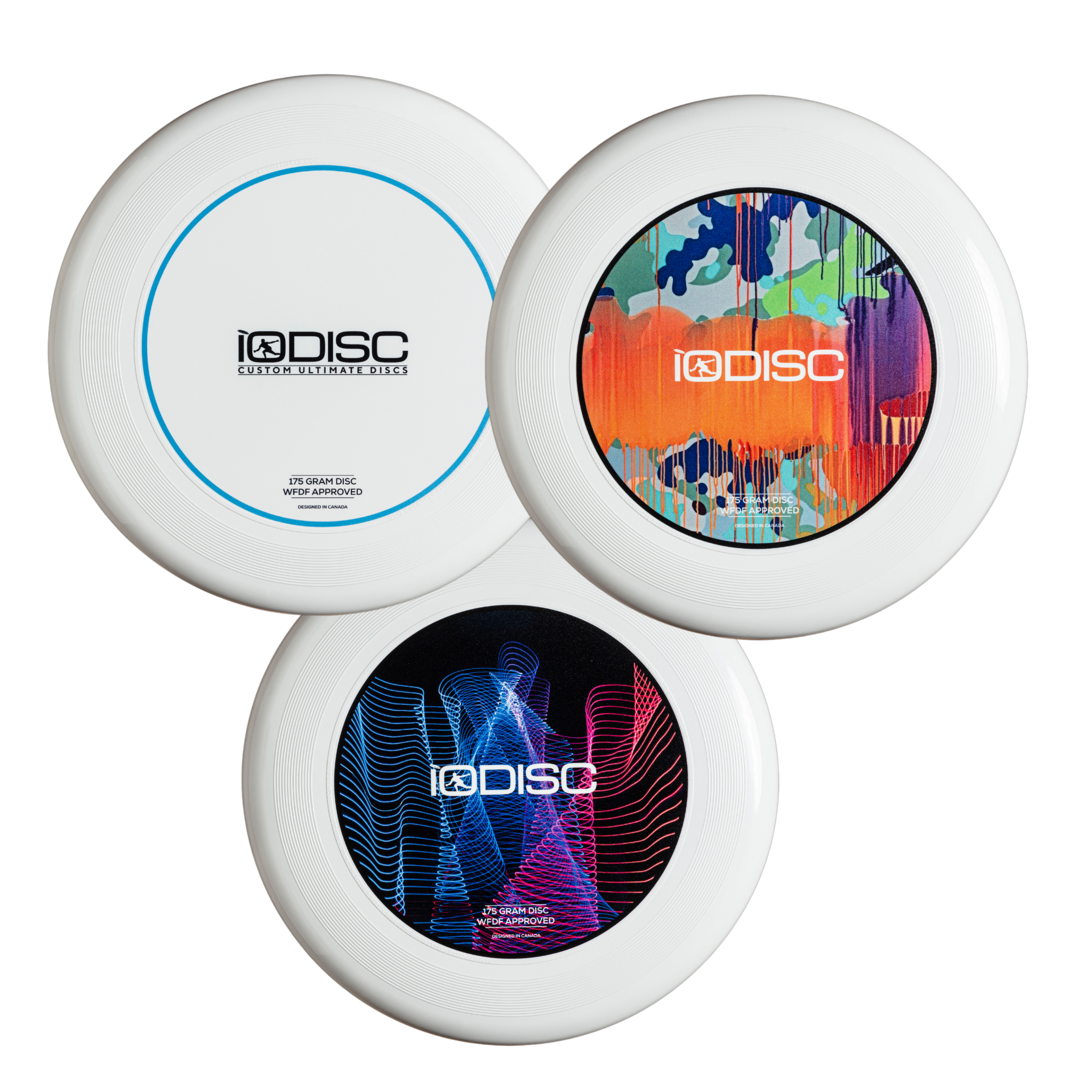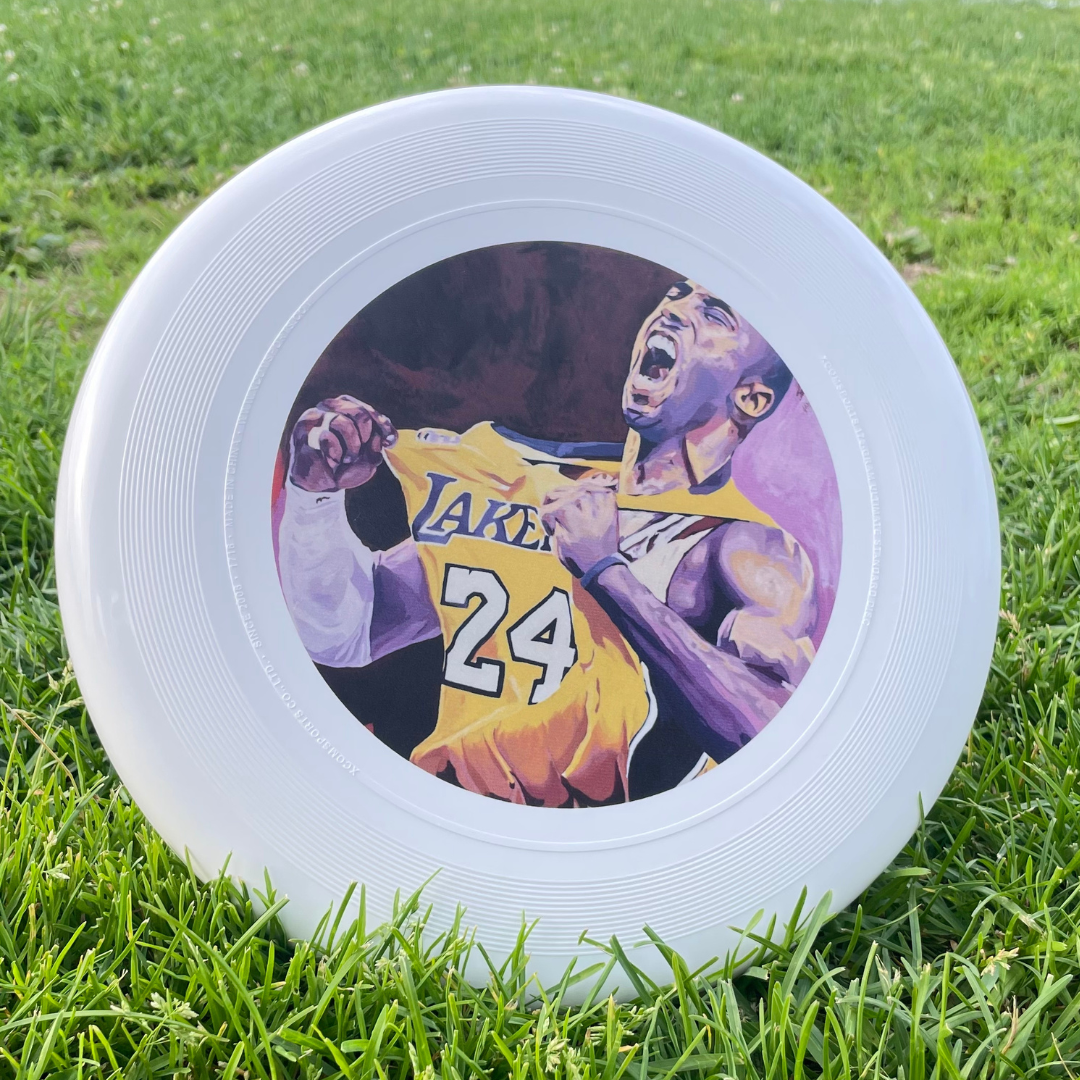Ultimate Frisbee: Violations and Fouls
Brief reminder of the rules of the game
1. In an Ultimate match, an infraction can only be called by a player of the injured team who admits the foul. The player must imperatively call aloud "Foul" or the name of the infraction in question.
2. A player against who is called an infraction may contest the appeal if he considers that the infraction did not occur.
3. Whenever an infraction is announced, the continuity rule must apply.
- Continuity rule: The game stops when the thrower, possessing the disc, recognizes that an infraction has been announced. If the infraction did not affect the game, the game stops and the result stands. An infraction is deemed to have affected the game if an aggrieved player determines that the outcome of the specific game could have been significantly different in the absence of the infraction.
4. Any player can stop a rolling or sliding disc, but moving it in any direction is a violation
5.The player is responsible for avoiding contact in any way and manner possible.
- Dangerous Play: Actions that show disregard for safety or pose a significant risk of injury to other players, including aggressive behavior, are considered and treated as a foul. In these cases, “DANGEROUS GAME” should be announced and play will stop.
- Ramming or diving into a vulnerable or moving opponent;
- Running without looking, while there is a likelihood of threat;
- Jump when it could cause a serious collision.
- Receiving Fouls: If a player makes contact with an opponent while the disc is in flight and thus interferes with the attempt to make a catch, it is a foul.
- A contact between two opposing players side by side who move at the same time to occupy the same unoccupied position is not a fault in itself.
- Forced Out Foul: If a player in the air catches the disc and is contacted by an opponent before touching the ground and lands it outside rather than in bounds, it there is a foul and the receiver regains possession of the disc immediately.
- Blocking Fouls: When the disc is in flight, a player may not move in an effort to prevent a player from reaching the disc, and any resulting non-incidental contact is a foul of the blocking player.
- Snatched (“strip”): If a foul leads to a loss of possession of the disc, it is a snatch. A snatch is called when a player has possession of the disc, during the catch, and has the object removed/lost by an opponent. The disc is returned to the aggrieved player.
6. Any obligatory avoidance or circumvention done to safely avoid an opponent is called an “obstruction” (pick). The obstruction must be called immediately! If play is stopped, the players immediately return to where they were before the foul (without changing their original position).
7. Deliberately juggle the disc (including pushing, tapping, steering, etc.) for oneself to move it in a direction beyond the point of first contact.
8. Travel: The thrower must establish and maintain a proper pivot foot on the court until the disc is released.
- If there is a “walk” and a pass is attempted: the disc must be caught by the offensive team or it will be considered a turnover.
*It is very important to take into consideration that the spirit of the game must remain one of the primordial values of Ultimate Frisbee. Considering that there is no referee, players must use their common sense to resolve any conflict on a field.
**Please note that this is a summary of the most frequent rules.
Good game!









